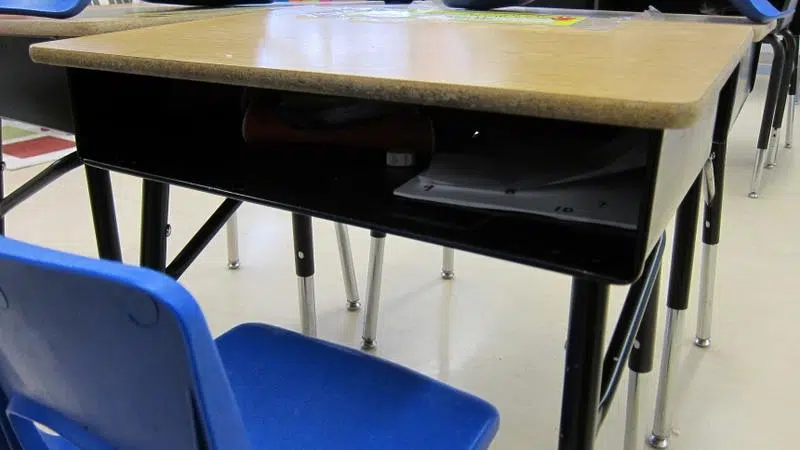
Sask. teachers’ union declares impasse in negotiations
One day after calling a lack of progress at the bargaining table “frustrating,” the Saskatchewan Teachers’ Federation (STF) has declared an impasse in contract negotiations.
In a post on its website Thursday, the federation said its bargaining committee had asked the Educational Relations Board to appoint a conciliation board to help the parties reach an agreement.
The teachers’ concerns at the bargaining table centre on salary as well as class size and composition. The union said another issue of concern — the contracts of employment for substitute teachers — already had been deemed non-negotiable by the Government-Trustee Bargaining Committee (GTBC).
“Teachers have told us addressing the significant and complex challenges in classrooms is as important as salary,” federation president Patrick Maze said in the post.


